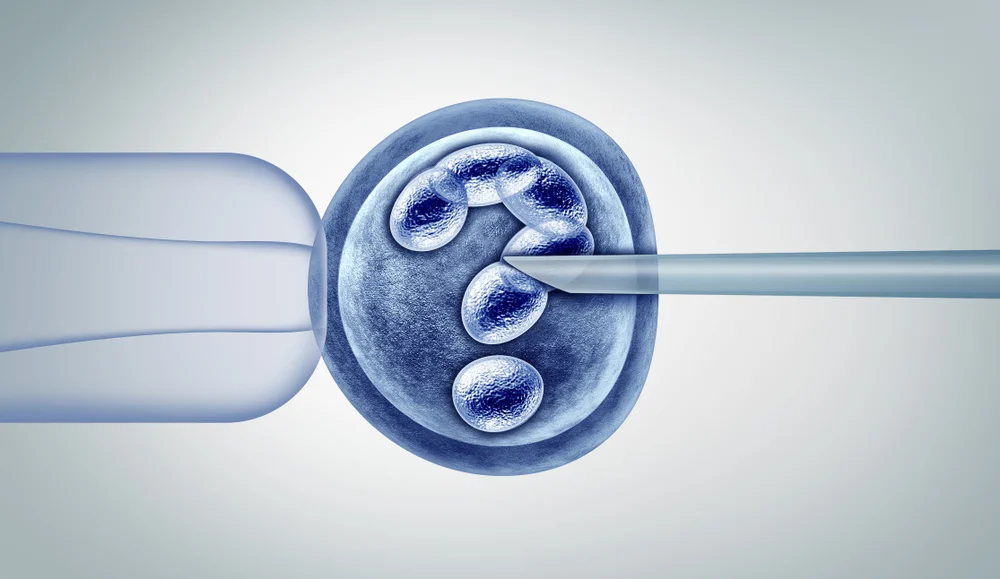In vitro fertilization (IVF) has transformed the landscape of reproductive medicine, offering hope to individuals and couples facing various infertility challenges. While In vitro fertilization (IVF) is a widely recognized option for assisted reproduction, determining who may benefit from this advanced fertility treatment requires careful consideration of individual circumstances and medical indications.
Understanding Infertility
Infertility is a complex medical condition characterized by the inability to conceive after one year of regular, unprotected intercourse (six months for individuals over 35) or the inability to carry a pregnancy to term.
Indications for IVF
IVF may be recommended for individuals or couples facing infertility challenges that cannot be addressed through other treatments or interventions. Common indications for IVF include:
- Tubal Factor Infertility: Individuals with blocked or damaged fallopian tubes may benefit from IVF, as it bypasses the need for fallopian tube function by directly transferring embryos into the uterus.
- Severe Male Factor Infertility: IVF with intracytoplasmic sperm injection (ICSI) may be recommended for individuals with severe male factor infertility, where sperm quality or quantity is compromised.
- Ovulatory Disorders: Women with ovulatory disorders, such as polycystic ovary syndrome (PCOS), may undergo IVF to stimulate egg production and facilitate fertilization.
- Endometriosis: IVF may be considered for individuals with endometriosis-related infertility, especially if other treatments have been unsuccessful in achieving pregnancy.
- Unexplained Infertility: When the cause of infertility remains unidentified despite thorough evaluation, IVF may be recommended as a diagnostic and therapeutic option.
- Advanced Maternal Age: Women of advanced maternal age (typically over 35) may opt for IVF due to age-related declines in fertility and egg quality.
- Preimplantation Genetic Testing: Individuals with a history of genetic disorders or chromosomal abnormalities may undergo IVF with preimplantation genetic testing (PGT) to screen embryos for genetic abnormalities before transfer.




.png)

Comments